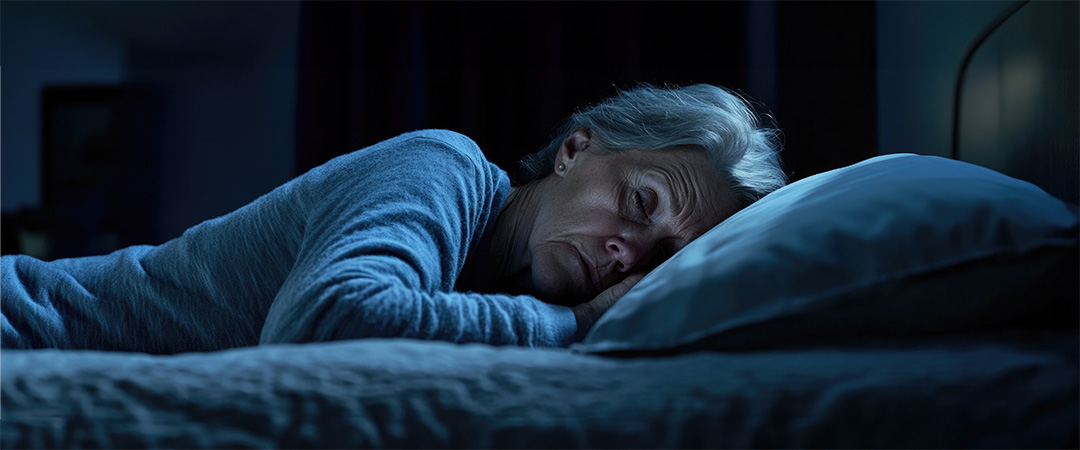When it comes to healing, sleep is more than just rest. It plays a vital role in physical recovery, emotional stability, and overall well-being. For individuals in skilled nursing, especially those recovering from surgery, illness, or injury, quality sleep is not a luxury — it is a key part of the care plan.
The Link Between Sleep and Recovery
Sleep is the body’s natural reset button. During deep sleep, the body works to repair tissues, restore energy, and strengthen the immune system. This is especially important for seniors whose bodies may take longer to heal. Lack of sleep can slow recovery, weaken immune response, and increase the risk of falls or confusion.
For individuals managing pain, undergoing therapy, or adjusting to new medications, sleep can be disrupted. Insomnia, frequent waking, or poor-quality rest can add unnecessary challenges to the recovery journey.
Common Sleep Disruptors in Skilled Nursing Settings
Sleep challenges in skilled nursing can arise from a variety of sources. New environments, unfamiliar routines, and changes in lighting or noise levels may interfere with a person’s natural sleep patterns. Medical conditions such as arthritis, sleep apnea, or urinary frequency can also affect rest. Medications may cause drowsiness during the day or make nighttime rest more difficult.
Emotional factors also play a role. Feelings of stress, loneliness, or anxiety can make it hard for residents to fall or stay asleep. These issues can compound over time, making recovery more difficult and reducing overall quality of life.
How Skilled Nursing Can Support Healthy Sleep
Skilled nursing facilities often take a holistic approach to care, which includes supporting good sleep habits. While every facility is different, many aim to create environments that encourage rest and relaxation. This may include quiet hours, comfortable bedding, and maintaining regular sleep and wake routines.
Monitoring medication schedules can help reduce nighttime disruptions. When appropriate, staff may coordinate care tasks to minimize sleep interruptions during the night. Access to therapy and counseling services can also help residents manage anxiety, grief, or stress that might interfere with sleep.
Physical activity during the day, whether through therapy or light movement, is another important factor. Being active can help regulate the sleep-wake cycle and make it easier to fall asleep at night. Additionally, exposure to natural light during the day can improve circadian rhythms, especially in older adults.
Tips for Supporting a Loved One’s Sleep
Families can support better sleep by encouraging daytime activity, reducing caffeine intake in the afternoon, and helping maintain familiar bedtime routines. Visiting earlier in the day instead of late at night may also help seniors wind down more easily. If you notice changes in a loved one’s sleep patterns, bringing them up to the care team can lead to helpful adjustments.
Rest is Part of the Care Plan
Sleep is not just a break from the day; it is a critical part of the healing process. By understanding the role of quality sleep in recovery, families and caregivers can better support the well-being of their loved ones in skilled nursing. Prioritizing rest, both at night and through calm routines, can help speed recovery and improve comfort.
